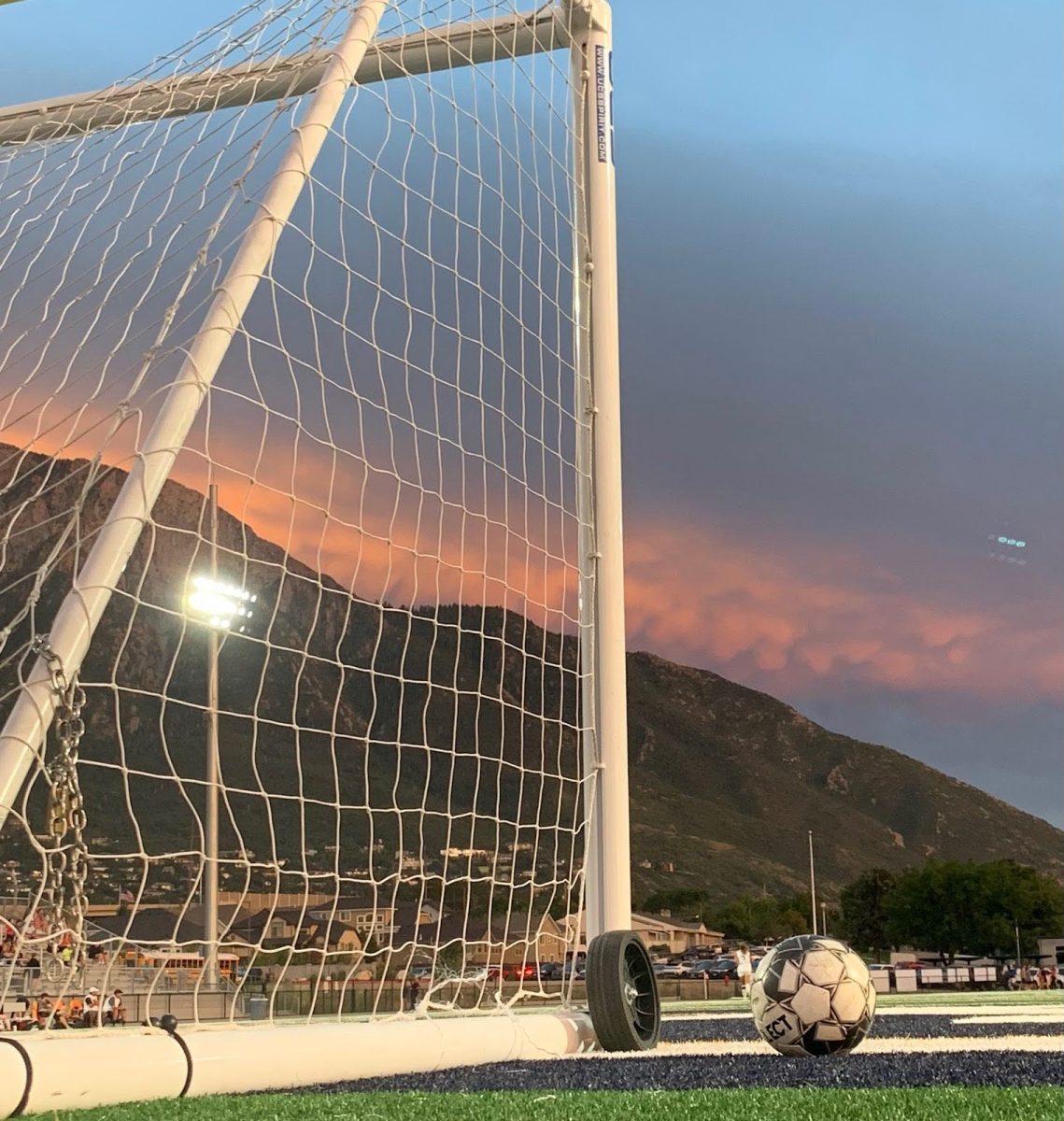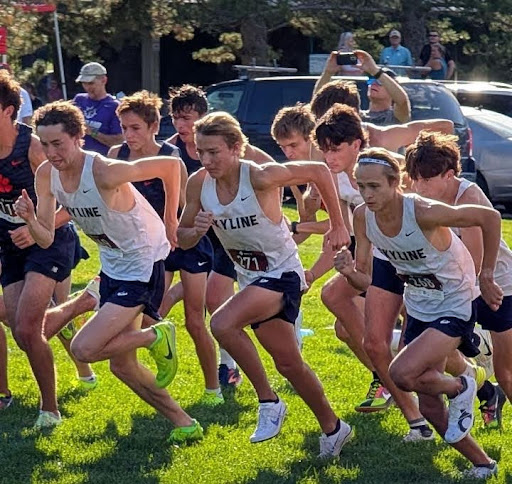Over 500,000 student-athletes get the chance to play their chosen sport in college by following the National Collegiate Athletic Association eligibility guidelines to help them graduate from high school with the ability to play their sport. Playing collegiately can be extremely rewarding for both academics and athletics. However, there are many rules and regulations that a student-athlete must adhere to in order to play their sport at the collegiate level. The sooner an athlete knows about these rules, the better off they will be.
Eligible Courses
The most important thing a student-athlete should know is what classes they must take in order to graduate with the required course credits. There are sixteen core courses that a student must take: four years of English, three years of Math, two years of Science, two years of Social Studies, and one extra year of Math, Science, or English. An additional four years is also required, which can include Philosophy, a World Language, or the basic core courses. Within each subject, the NCAA identifies specific courses that satisfy the eligibility requirements. The course list is available here.
NCAA account
Making an NCAA account is essential to allowing a student to play in college. There are three different kinds of accounts available to create with the NCAA. The first is a free “Profile Page Account,” allowing athletes to play Division III sports. The second account is a 70-dollar “Amateurism-Only Certification Account.” This account is only helpful if an athlete wants to play Division III or transfer to a Division II or I school. The final account type is an “Academic and Amateurism Certification Account.” This account costs 100 dollars to create and allows students to attend a Division II or Division I school. Out of all the accounts, it is recommended to choose the free account until students figure out what division they will play—then upgrade the account if needed.
Transcripts and GPA
When students reach their fourth semester of high school, they must see their counselor to upload a transcript to their NCAA account. Then, repeat this process for their sixth and final semesters, along with proof of graduation. If they are transfer students, they must upload a transcript from each school attended. In addition, a student-athlete must have a minimum 2.3 GPA to play for a Division I school and a minimum 2.2 GPA for Division II schools. GPA is calculated by multiplying the grade for the class by the length of the course (.5 for half a year class or 1 for a whole year class).
Amateurism
The NCAA defines amateurism as “someone who does not have a written or verbal agreement with an agent, has not profited above his/her actual and necessary expenses, or gained a competitive advantage in his/her sport.” To play in college, an athlete must keep their amateurism, meaning that the student-athlete can’t get paid in any way outside of a club scholarship. When athletes receive a paycheck to play, they are no longer eligible for college sports.





